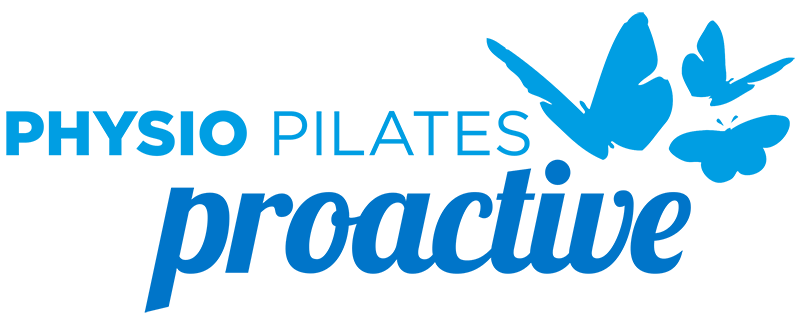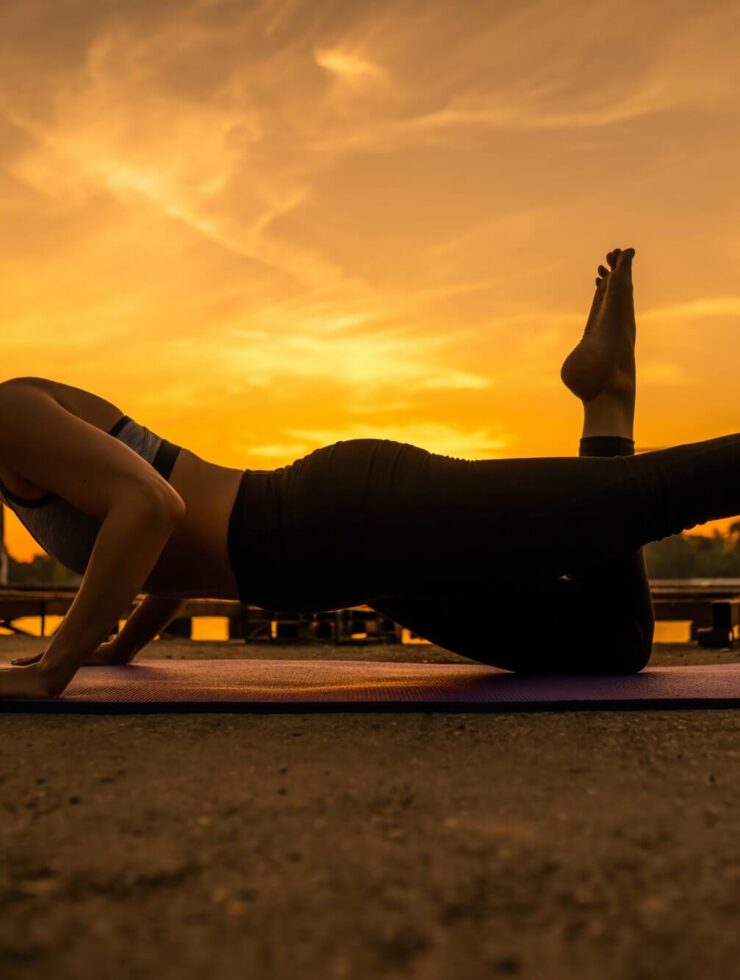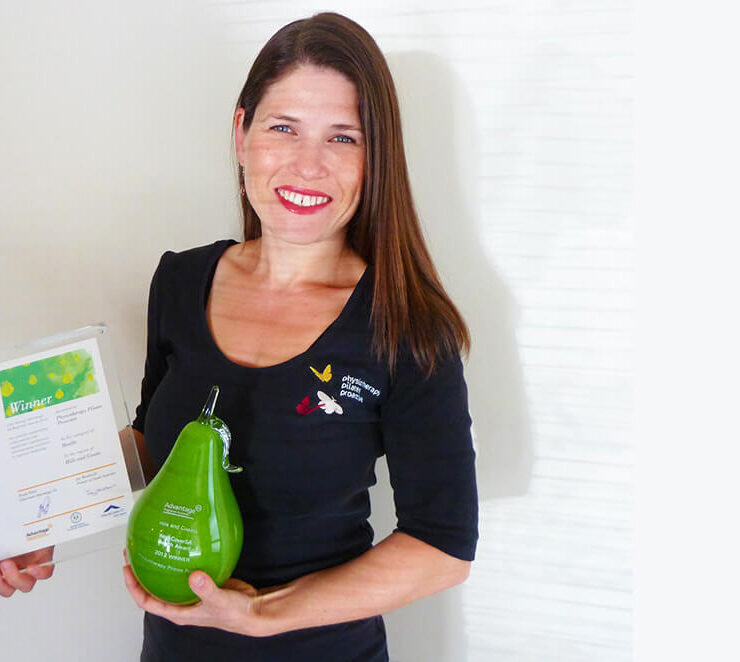Pregnancy is a physically demanding time. Regular exercise is an important way to help your body cope with the increasing demands placed on your joints, muscles, heart and lungs.
There are many other benefits to exercising whilst pregnant also including:
- reduced leg cramps and swelling.
- reduced/improved symptoms of constipation.
- improved sleep patterns.
- reduced anxiety.
- reduced pain perception.
However, there are certain precautions and special conditions that every pregnant woman must take into consideration regarding exercise. Here we take you through some dos and don’ts.
DO:
-
Consult your doctor, specialist, physiotherapist and/or midwife
- It is important to check with your health professional about what exercise is appropriate even if you are already exercising consistently, as you may need to start to modify what you are doing to ensure yours and the growing baby’s health and wellbeing.
-
Wear a supportive bra
- Lots of changes are occurring to the breast and breast tissue in preparation for when the baby is born and you need to keep them well supported. Get a proper fitting done. Most changes to the breast have occurred by 4 months (16 weeks) so if you haven’t had to get new bras before this time then this is a good time to get fitted.
-
Pelvic floor and transversus abdominas (TA) exercises
- These are essential. Even if you have a C-section there is still a lot of load that the pelvic floor has had to go through as the weight of the growing baby has been pushing down on it for several months. A consultation with your physio can help you to make sure you are doing your TA and pelvic floor contractions and exercises correctly. Having a good awareness of TA activation can help to improve your core stability and support your back as your bump grows.
-
Be aware of the effects of relaxin
- This hormone makes your joints nice and stretchy which is what you want if you have to push a baby out. But care needs to be taken when stretching in Pilates classes or when playing sport as there is an increased risk of injuries to the joints as they are a bit more unstable. Your physiotherapist can talk you through ways to protect your joints whilst playing sport and participating in Pilates classes and how to maintain good posture to help keep everything strong.
-
Get your physiotherapist to monitor your Rectus Diastasis
- The Rectus Diastasis muscle (RA or six pack muscle) will naturally stretch and start to separate as your tummy gets bigger. This is a normal part of pregnancy and can result in a ‘gap’ in the centre of your tummy after you have had your baby. However, it is important to make sure that you are not doing exercises that will put extra load through this muscle increasing the ‘gap’ further. This can be done by avoiding abdominal crunches and roll ups. It is important to talk to your physiotherapist if you are wanting to do abdominal exercises or are doing Pilates as they can show you other ways to safely work your abdominals without putting extra strain on your RA.
DO NOT:
-
Overheat
- Avoid exercise on hot or humid days or find ways to exercise in a cooler environment. Pilates is an excellent way to do this as it can be done in the comfort of air conditioning without too much strain. Swimming is also an excellent form or aerobic exercise and takes load off the joints.
-
Exercise for long periods lying down on your back
- Your physiotherapist can take you through modifications for exercising flat on your back using bolsters/chi balls or on the gym ball, and can give alternatives to stretching in sitting or standing
-
Push through pain, extreme fatigue, dizziness, blurred vision and/or nausea/vomiting
- Exercise should make you feel good. Work at your own pace and take breaks if you feel you need to. Speak to your health professional if you experience any of these symptoms whilst exercising or if you just don’t feel ‘quite right’.
Exercising regularly can help you to enjoy your pregnancy to its fullest and if you are not sure where to start, your physiotherapist can offer a comprehensive exercise/Pilates program which will keep you safe, mobile and strong for the birth of your baby and everything that comes following that.




